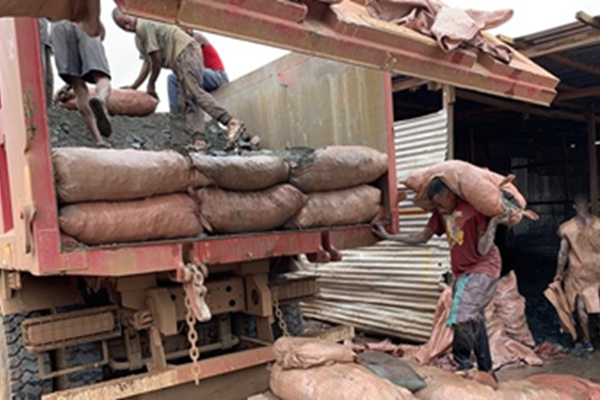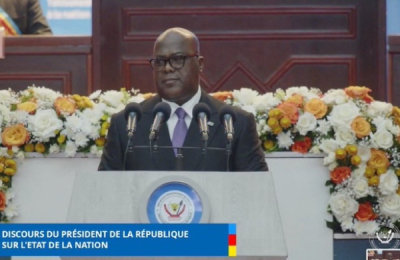Last year, 2% of the cobalt produced in the Democratic Republic of Congo (DRC) came from artisanal mines. The figure, disclosed in the Cobalt Institute’s annual report published on May 14, 2025, is significantly lower than the years before. According to various organizations, in recent years, artisanal mining contributed between 10% and 30% to the country’s overall output.
"In 2018, when cobalt metal prices had reached over $40 per pound, smallholders' share represented around 10% of DRC production. By 2024, with the significant increase in supply in the DRC [and globally], Benchmark estimates that this share has fallen to less than 2% of national production, or around 1% of global production," says the Cobalt Institute.
The report does not provide detailed volumes for artisanal production in recent years, making precise verification difficult. The Congolese Ministry of Mines does not differentiate cobalt production or exports by mining type, unlike other minerals like diamonds, gold, or tin.
The Cobalt Institute report attributes the drop mainly to: the boom in industrial cobalt production and the decline in cobalt prices. However, the Cobalt Institute suggests artisanal mining volumes may rise again in early 2025 following Kinshasa’s February export suspension, which caused cobalt prices to increase by over 50%.
Artisanal and small-scale mining (ASM) faces criticism for poor traceability, child labor, and human rights violations. Dinah McLeod, Executive Director of the Cobalt Institute, emphasizes that the challenge is not to eliminate artisanal mining but to make it fair, safe, and free from abuses, as it remains a vital source of employment for many in the region.
The current decline in artisanal activity, often illegal, underscores the need for rapid formalization. Formalizing the sector would enable stakeholders to better benefit from favorable market conditions expected in the early 2030s, when supply deficits may emerge.
This article was initially published in French by Emiliano Tossou
Edited in English by Ola Schad Akinocho










